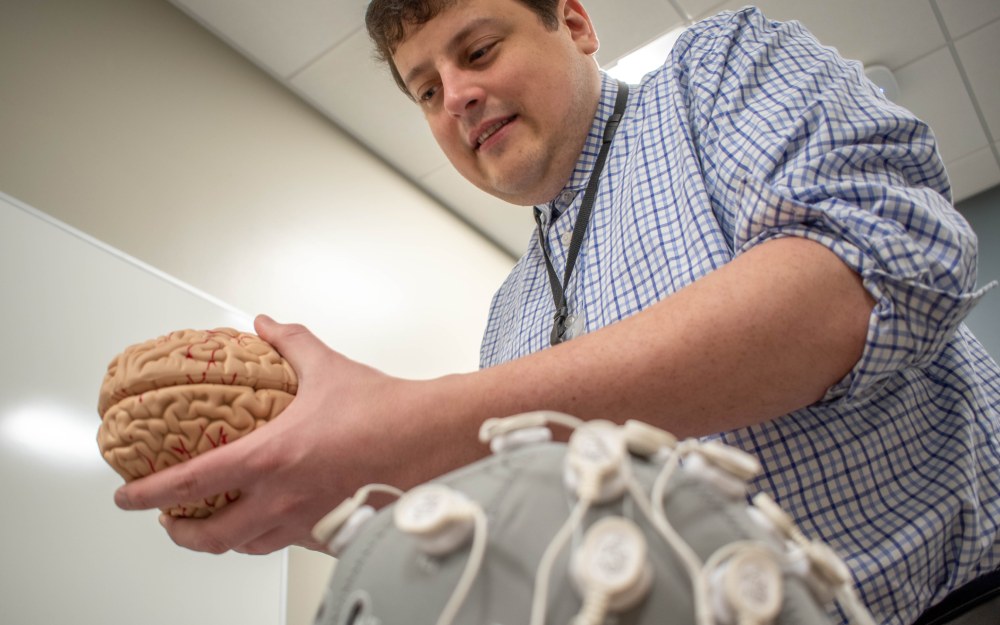
New institutional review board to help elevate Rogers research and promote culture of outcomes
03/21/19 09:32:am To further promote our culture of outcomes and to help legitimize our research, Rogers has created an institutional review board.
To further promote our culture of outcomes and to help legitimize our research, Rogers has created an institutional review board.
An IRB is an administrative entity with the authority to approve, reject, monitor, and require modifications to all research within the organization. Its mission is to protect the rights and welfare of human research subjects, ensure our research is ethically sound, sensitive to patient confidentiality, and of the highest quality. Dr. Josh Nadeau, PhD, clinical director in Tampa and chairperson of Rogers’ IRB says that “the IRB works to ensure that we are collecting the data we need to more fully inform our decision-making.”
“Creating a culture of outcomes means that Rogers uses objective data to guide our decisions – in terms of access to patient care, effectiveness of our clinical services, sustainability of our organization, morale of our staff, and accuracy and efficiency in our marketing and outreach efforts,” Dr. Nadeau says.
The IRB will also legitimize our research, allowing us to publish our research faster and in higher tiered journals than we have previously, according to Brad Riemann, PhD, chief clinical officer.
“We now have the official governing body that legitimizes our research protocol review process,” Dr. Riemann says. “The IRB is the gold standard and we’ve finally achieved that.”
Rogers currently has 10 individuals on the IRB, including IRB specialist Nick Mason of Clinical Effectiveness, who will handle administrative tasks. A requirement of IRBs is having nonaffiliated members. For this, Rogers is working with Doug Woods, PhD, psychology professor and dean of the graduate school at Marquette University, and Eric Storch, professor of psychology and behavioral sciences at Baylor College of Medicine.
“We have two prestigious researchers, Doug Woods and Eric Storch, and not too many IRBs in the country can boast about having researchers of their caliber,” says Dr. Riemann.
The first meeting was held on February 20, and subsequent meetings will occur on a bi-monthly basis. People who would like to get involved with the IRB can email clinicaleffectiveness@rogersbh.org. Those interested in conducting a study should now fill out a proposal and submit it to the IRB for review. Proposals for April’s meeting are due by April 9.
“We are in the midst of an exciting time—for the IRB as well as for Rogers,” Dr. Nadeau says. “We will be releasing more information in the coming months about how to learn more about research, how to get involved in research, and about the exciting and ground-breaking research projects in which our peers and colleagues are involved.”





